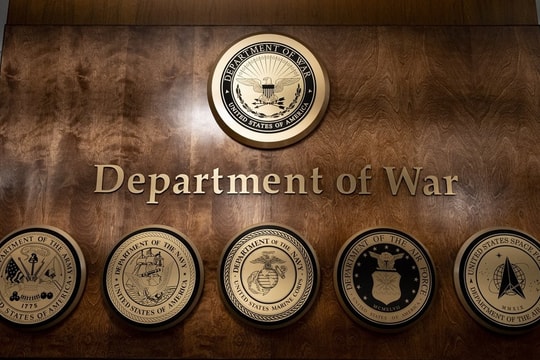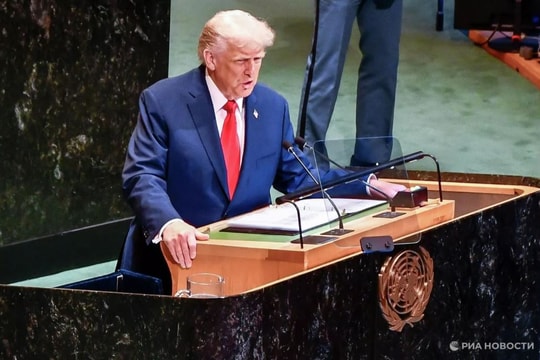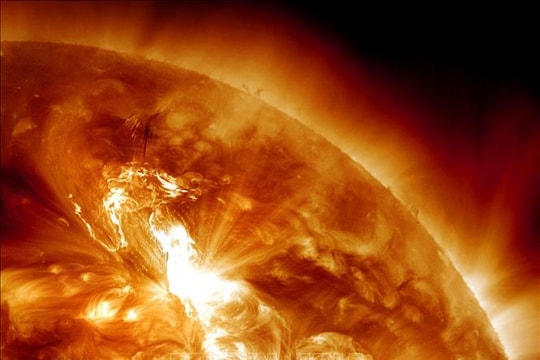Russia - US: 'Tit for tat' on the diplomatic front
US embassy staff in Russia has fallen to a five-year low, while Russian diplomats are facing visa problems. The diplomatic retaliation is causing relations between the two countries to deteriorate further.
Tit for tat on the diplomatic front
On August 3, Chairman of the Russian State Duma's International Affairs Committee Leonid Slutsky commented that the US, instead of "removing the restrictions previously imposed on Russian diplomats and reversing the illegal seizure of Russian assets, is using the visa issue as a means of pressure.
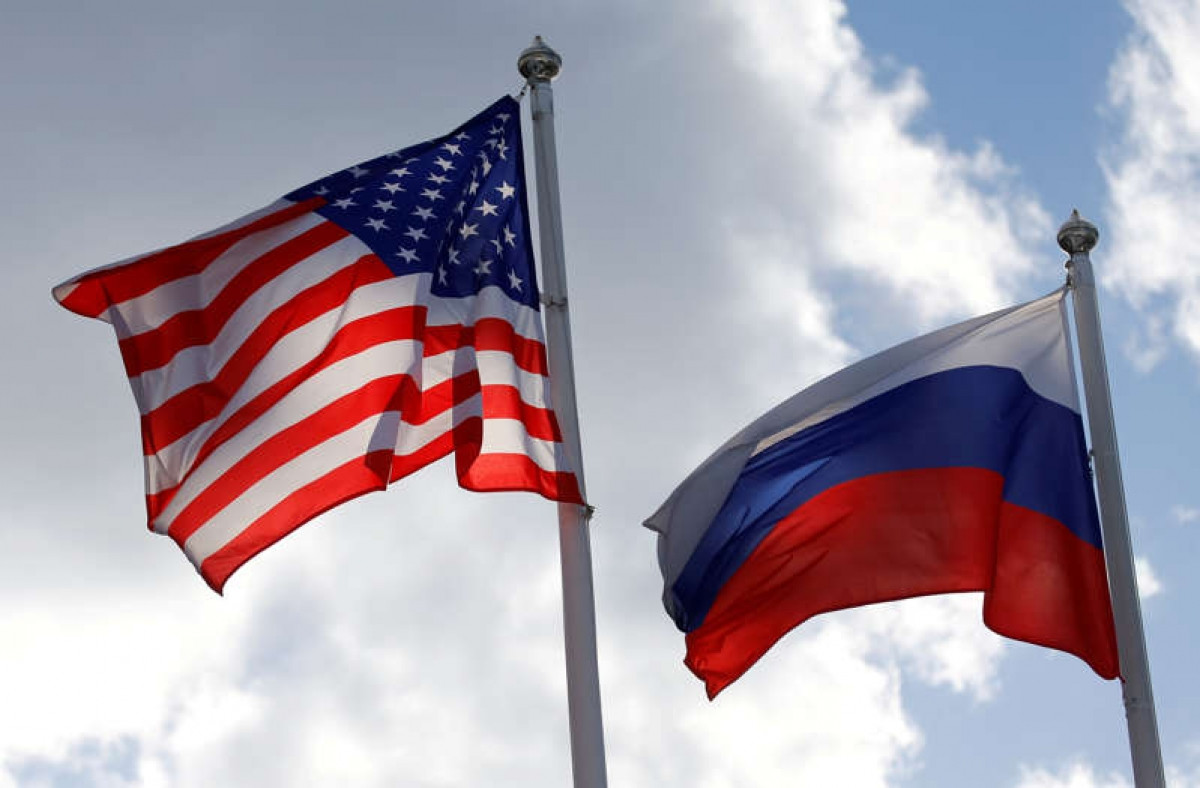 |
Mr. Leonid Slutsky also said that the US should stop putting pressure on Russian diplomats, because the US's change of terms is hindering dialogue between the two countries, TASS quoted Mr. Leonid Slutsky as saying.
"The time is ripe for the US State Department to stop playing the shell game (method of deception by concealing the truth - ND) and changing the terms of service. What we have seen so far is not a balancing act between diplomatic missions but a flagrant disregard for diplomatic norms, a reality that contradicts what US State Department spokesman Ned Price once said.
Mr. Leonid Slutsky also recalled that at the end of April, the US, under the decree of President Joe Biden, imposed a number of sanctions against Russia and expelled 10 Russian diplomats following allegations of links with intelligence agencies.
"Moscow did what it usually does in these situations, which is to declare 10 US embassy employees persona non grata in Russia," Mr. Slutsky said. Along with that, Russia also banned US diplomatic missions from hiring Russian citizens or citizens from third countries.
"At this point, it is necessary to clarify: the US quota is 455 embassy staff. As our Ambassador in Washington, Anatoly Antonov, commented, the US is free to use this quota to its full extent. Meanwhile, in the US, Russia has 450 diplomats, 150 of whom work at the UN and only 300 in embassies and consulates."
"The US said that the ban on hiring local staff would disrupt the normal operations of the embassy. Isn't that because the US State Department has a problem with manpower shortages? This is sad news but it is not our problem."
"Russian embassy staff have been denied visa extensions. New visas have not been issued. Newly appointed staff cannot fly to the US and a three-year travel restriction has been imposed on Russian staff. Meanwhile, the US State Department remains clueless and says everything is being done correctly and according to normal procedures."
According to this Russian official, all of the above go against the agreement reached at the Summit between Russian President Putin and US President Biden in Geneva.
"Washington should stop pressuring on diplomatic issues. The situation must improve as soon as possible. Otherwise, all the statements made by the US side to maintain communication channels will remain only on paper and comments for the press," Mr. Slutsky commented.
Earlier, Russian Ambassador to Washington Anatoly Antonov said in an interview with National Interest that in December last year, Washington had sent Moscow a list of 24 Russian diplomats who would have to return home by September 3 after the US unilaterally imposed a three-year travel restriction on Russian staff. In addition, the Russian Ambassador also said that US authorities had canceled valid visas issued to relatives of the staff without explaining the reason.
US State Department spokesman Ned Price said the US does not want to escalate tensions with Russia over the conditions for diplomats from both countries. He also said that the restrictions on the length of their appointments are aimed at balancing the activities of this diplomatic mission.
The Russian ambassador responded that Russia recently issued 22 visas to US Embassy staff in Moscow, while Washington only extended the visa of one Russian minister adviser, a move that goes against the agreement previously reached between the two sides.
Deputy Chairman of the Russian Federation Council Konstantin Kosachev also said that the US is entirely to blame for the visa problems facing Russian diplomats.
"This is entirely the fault of the United States. The United States has baselessly accused Russia of interfering in its internal affairs and targeted Russian diplomatic missions in response, seizing their assets, expelling diplomatic staff and refusing to issue visas to new staff," the Senator pointed out.
He also said Russia had only taken a few retaliatory measures and could cancel them if "Washington stopped its illegal steps against diplomats".
“Unfortunately, this also harms potential cooperation in other areas, as the toxic atmosphere surrounding diplomatic issues has hindered progress in other areas,” Mr. Kasachev said.
On August 1, the US embassy staff in Russia was reduced to 120, the lowest level in 5 years because Moscow banned Washington from hiring Russian citizens and third-country nationals in response to the sanctions the US imposed on Russia in April.
Dangerous threshold of confrontation
The above restrictions have shown that Russia-US relations have been declining in recent years.
Even before the ban on hiring Russians and third-country nationals at US diplomatic missions took effect, some US officials at the State Department expressed frustration that the Biden administration had not taken stronger countermeasures to the Russian restrictions. Biden has shown no signs of taking any countermeasures, including reducing the number of Russian diplomats at consulates in Houston and New York or the Russian Embassy in Washington.
Veteran diplomats and other experts say the new Russian restrictions will undermine the United States' ability to conduct day-to-day diplomatic operations, from political matters to visa and consular affairs, and underscore the importance of local staff in handling embassy functions.
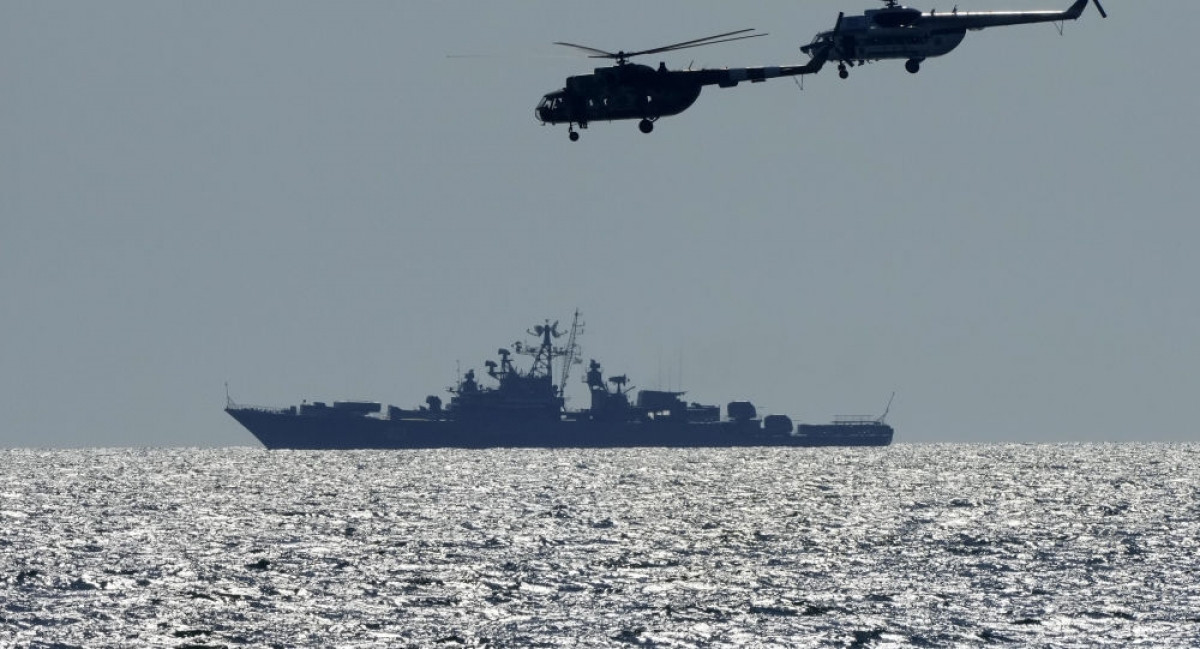 |
| Russia: There are still many challenges from the West in the Black Sea. Illustrative photo |
US National Security Adviser Mr. Sullivan said in an interview last month that the two remaining US consulates in Russia, in Yekaterinburg and Vladivostok, would have to temporarily close due to staff cuts.
Scott Rauland, a former US diplomat who worked at the consulate in Yekaterinburg, called it "a major blow" to US diplomacy in Russia.
"At least Russia has succeeded in disrupting the entire diplomatic structure here in the short term. With consulates like these, it will take several years to return to normal and fully functional operations."
Heather Conley, a Russia and Europe expert at the Center for Strategic Studies, said the new restrictions reflected a "new low" in US-Russia relations.
Previously, at a Foreign Ministry meeting chaired by Russian Foreign Minister Sergey Lavrov in July, the conference statement affirmed: "Russia-US bilateral relations have approached the threshold of dangerous confrontation due to the mistakes of Washington, which has been conducting unprecedented provocations in recent years."
Despite the efforts of the US and Russia after the meeting between the two Presidents in Geneva in June, many experts believe that the relationship between the two countries will continue to decline in the coming time./.





